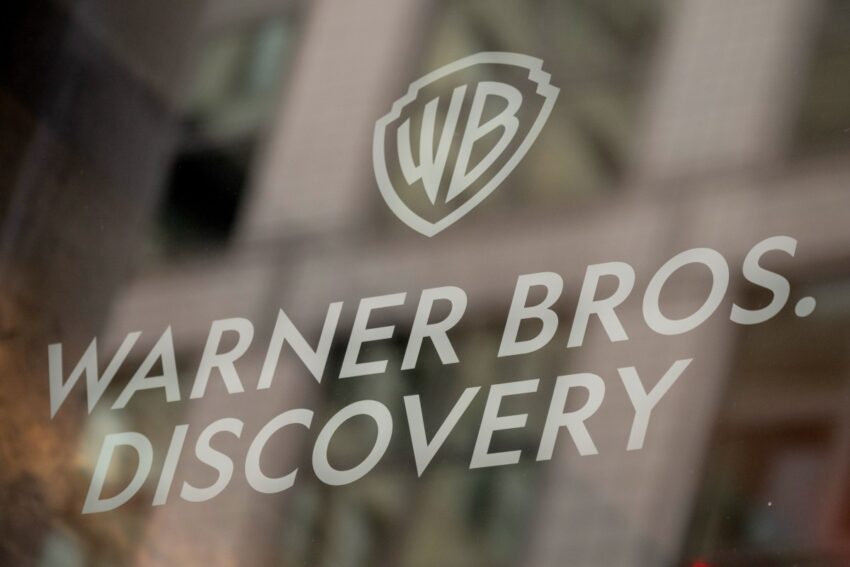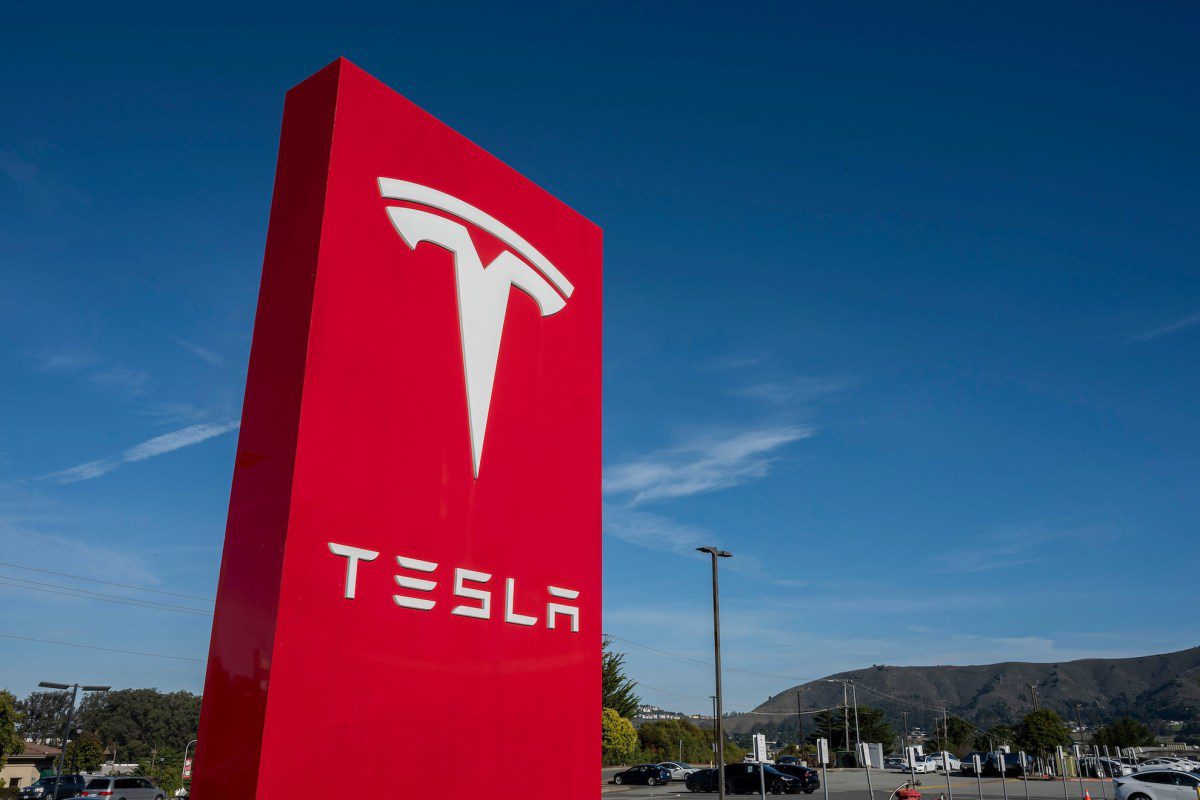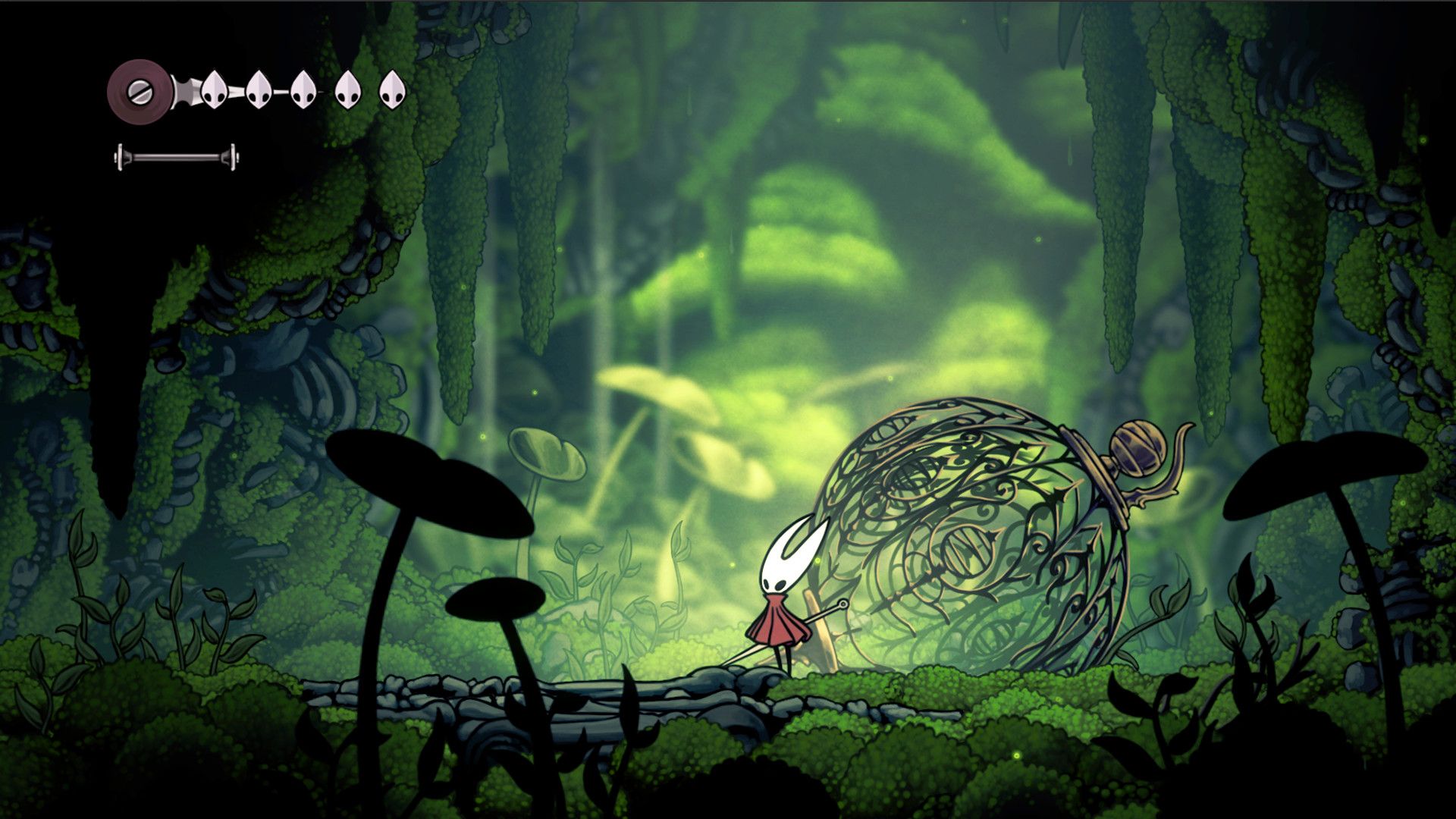
warner bros sues midjourney for ai images Warner Bros. has initiated legal action against Midjourney, alleging that the AI image generation company has unlawfully created images of its iconic characters, including Superman and Batman.
warner bros sues midjourney for ai images
Background of the Case
The lawsuit, filed in a California federal court, marks a significant moment in the ongoing debate surrounding intellectual property rights in the age of artificial intelligence. Warner Bros. claims that Midjourney has knowingly engaged in wrongful conduct by allowing the generation of images that infringe on the company’s copyrights and trademarks. This legal action underscores the complexities of copyright law as it pertains to AI-generated content.
Midjourney, a company that specializes in AI-driven image generation, has gained popularity for its ability to create stunning visuals based on user prompts. However, the technology’s capacity to produce images resembling existing copyrighted characters has raised alarms among content creators and rights holders. Warner Bros. argues that Midjourney’s actions not only violate its intellectual property rights but also threaten the integrity of its beloved characters.
Details of the Allegations
Warner Bros. asserts that Midjourney previously imposed restrictions on its subscribers to prevent the generation of content based on infringing images. However, the company recently lifted these protections, leading to the creation of unauthorized images featuring characters from the DC Comics universe. The lawsuit claims that this decision was made despite the potential legal ramifications and the risk of infringing on Warner Bros.’ rights.
Specific Characters Involved
The lawsuit specifically mentions several iconic characters, including Superman, Batman, Wonder Woman, and others from the DC Comics franchise. These characters have been central to Warner Bros.’s branding and storytelling for decades, making them valuable assets in the entertainment industry. The unauthorized use of these characters in AI-generated images could dilute their brand and confuse consumers about the source of the content.
Legal Framework and Implications
The legal framework surrounding copyright and trademark infringement in the context of AI-generated content is still evolving. Traditionally, copyright law protects original works of authorship, while trademark law safeguards brand identifiers. In this case, Warner Bros. is likely relying on both legal principles to argue that Midjourney’s actions constitute infringement.
One of the key issues at stake is whether AI-generated images can be considered derivative works. If the court finds that Midjourney’s images are indeed derivative of Warner Bros.’s copyrighted characters, it could set a precedent for how AI-generated content is treated under copyright law. This case could have far-reaching implications for the tech industry, particularly for companies that rely on AI to generate creative content.
Midjourney’s Response
As of now, Midjourney has not publicly responded to the lawsuit. However, the company has previously defended its practices by emphasizing the transformative nature of its AI technology. Midjourney may argue that its image generation process is fundamentally different from traditional methods of reproduction and that it does not intend to infringe on any copyrights.
Industry Reactions
The lawsuit has sparked a range of reactions within the tech and entertainment industries. Some experts argue that this case highlights the urgent need for clearer regulations governing AI-generated content. As AI technology continues to advance, the potential for copyright infringement will likely increase, prompting calls for legislative action to address these challenges.
Others in the creative community have expressed concern that lawsuits like this could stifle innovation in AI development. The ability to generate new and unique content through AI has the potential to revolutionize various industries, from art to advertising. However, the fear of legal repercussions may deter companies from exploring the full capabilities of AI technology.
Broader Context of AI and Copyright Issues
The intersection of AI and copyright law is a topic of increasing importance as more companies venture into the realm of AI-generated content. The rapid advancement of AI technologies has outpaced existing legal frameworks, leaving many questions unanswered. For instance, who owns the rights to an image created by an AI? Is it the user who prompted the AI, the developers of the AI, or does it fall into a legal gray area?
In recent years, there have been several high-profile cases involving AI-generated content and copyright issues. These cases have prompted discussions about the need for updated legal standards that reflect the realities of modern technology. Warner Bros.’s lawsuit against Midjourney is just one example of how the entertainment industry is grappling with these challenges.
Potential Outcomes of the Lawsuit
The outcome of the lawsuit could have significant implications for both Warner Bros. and Midjourney, as well as the broader landscape of AI-generated content. If Warner Bros. prevails, it could reinforce the notion that companies have a right to protect their intellectual property from unauthorized use, even in the context of AI-generated works. This could lead to stricter regulations and guidelines for AI companies regarding the generation of content based on existing intellectual property.
Conversely, if Midjourney successfully defends itself, it could set a precedent that allows for greater freedom in the use of AI technology for creative purposes. Such a ruling might encourage more innovation in the field of AI-generated content, potentially leading to new artistic expressions and applications.
Implications for Content Creators
The lawsuit also raises important questions for content creators who utilize AI tools in their work. As AI becomes more integrated into creative processes, artists and designers must navigate the complexities of copyright law to avoid potential legal pitfalls. This case serves as a reminder that while AI can enhance creativity, it also comes with responsibilities and risks.
Content creators may need to exercise caution when using AI-generated tools, particularly when it comes to generating images or content that could be seen as derivative of existing works. The legal landscape surrounding AI and copyright is still in flux, and creators should stay informed about developments in this area to protect their own interests.
Conclusion
Warner Bros.’s lawsuit against Midjourney highlights the ongoing tensions between intellectual property rights and the rapid advancement of AI technology. As the case unfolds, it will be closely watched by industry stakeholders, legal experts, and content creators alike. The outcome could shape the future of AI-generated content and set important precedents for how copyright law is applied in the digital age.
As the conversation around AI and copyright continues, it is clear that both the entertainment and tech industries must work together to establish guidelines that balance innovation with the protection of intellectual property. The resolution of this case may pave the way for a more defined legal framework that addresses the unique challenges posed by AI-generated content.
Source: Original report
Was this helpful?
Last Modified: September 8, 2025 at 6:29 pm
0 views















